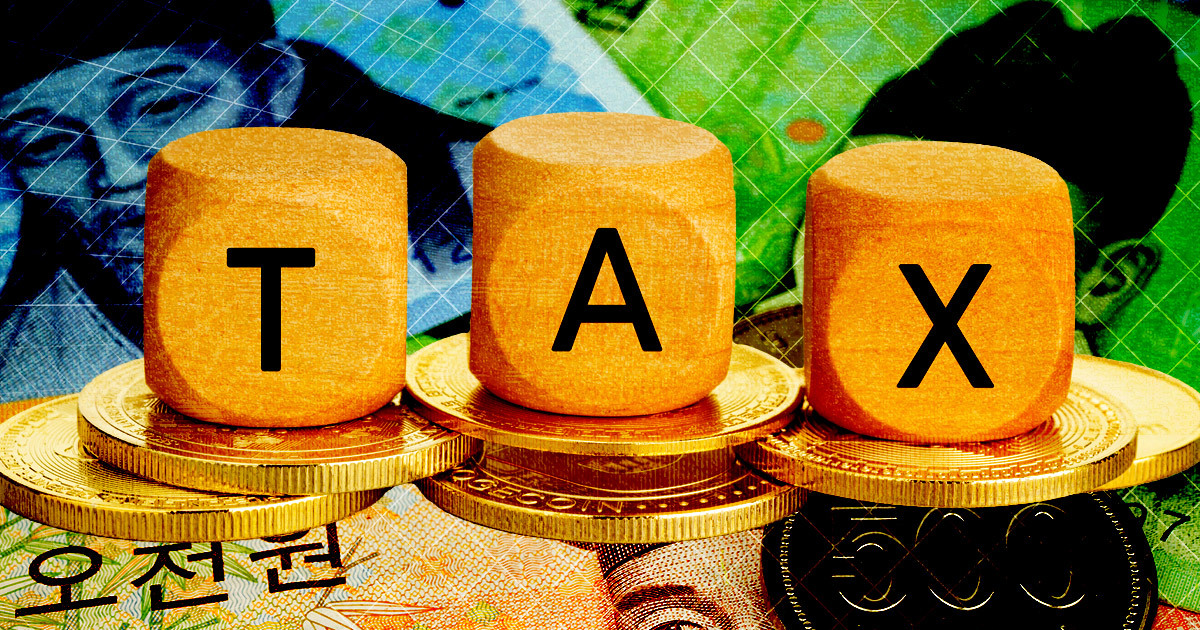The South Korean government on July 21 reportedly postponed the implementation of its 20% crypto tax to 2025, according to South Korean news outlet hankyung.
Crypto tax delayed
According to the report, the government cited the lack of a proper investor protection system alongside the current unfavorable market condition as why it decided to defer the crypto tax implementation by another two years.
The capitulation of the Terra ecosystem in May reportedly led to several losses for investors in the country. South Korean exchanges increased investors’ losses by their lack of uniform response to the crisis.
The report added that a ‘Digital Asset Framework Act’ would be implemented in 2025 when the taxation takes effect. The new framework would be tailored to meet international standards, referencing the US virtual asset-related regulatory report that would be released later this year.
Initially, the 20% crypto taxation was supposed to be implemented in January 2022. South Korean lawmakers, however, chose to defer its implementation to 2023, which has also now been shifted to 2025.
South Korea’s regulation efforts
South Korea has stepped up its crypto regulation efforts since Terra’s implosion.
The Asian country prosecutors raided seven local crypto exchanges on July 20 to seize transaction records and other materials that could aid its investigation into the network’s collapse.
Apart from that, efforts are underway to increase the regulatory oversight of crypto exchange operations in the country.
Crypto taxation
Several governments are increasingly interested in taxing the crypto industry due to its record growth in previous years.
India has introduced several tough tax regimes, which include a 30% tax on crypto that has severely impacted the country’s crypto exchanges’ trading volume. Reports also revealed that the government has no intention of slashing its taxation on crypto transactions.
Crypto traders rebuffed Thailand’s effort to impose a 15% taxation in the country.
Crypto traders in the United States owe the Internal Revenue Service (IRS) up to $50 billion in unpaid taxes.



